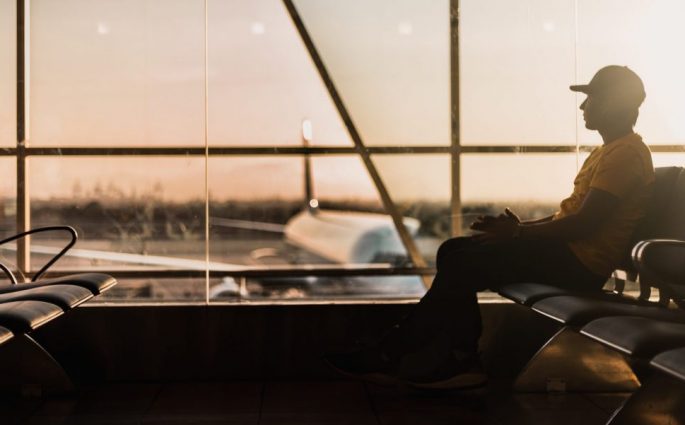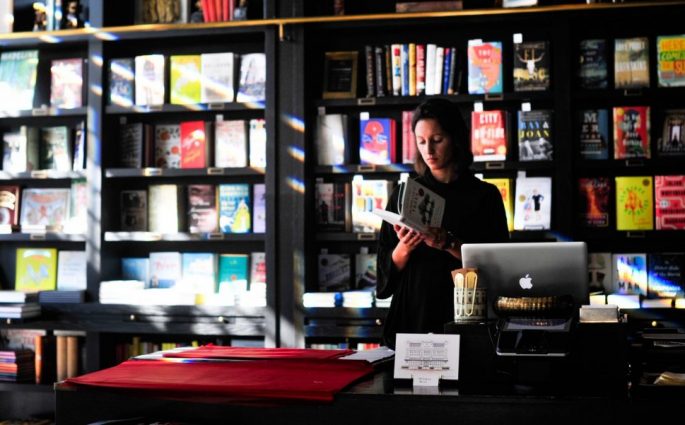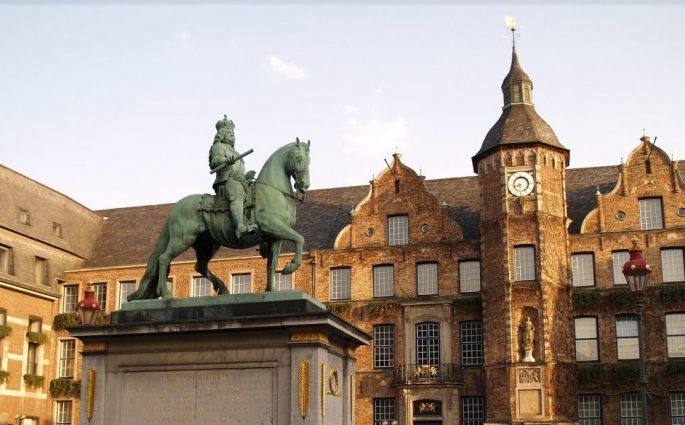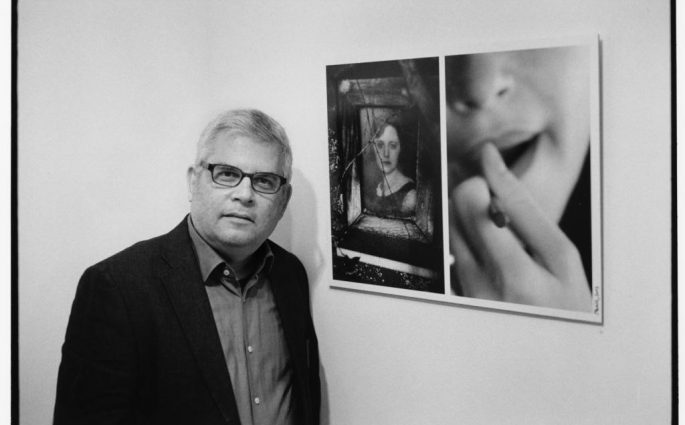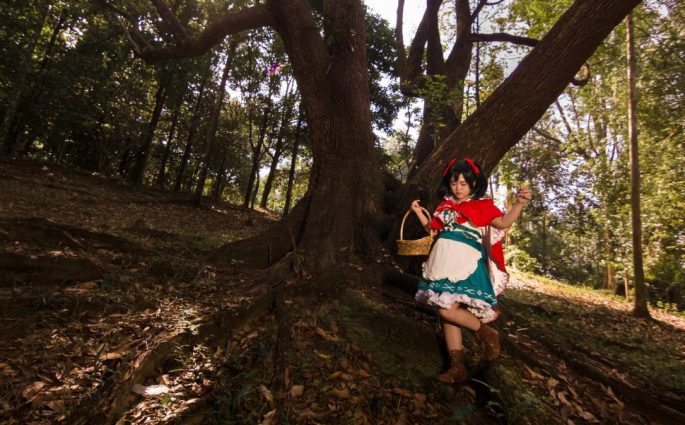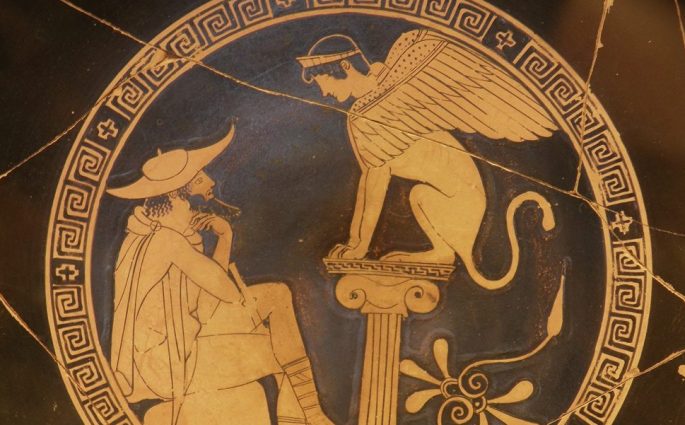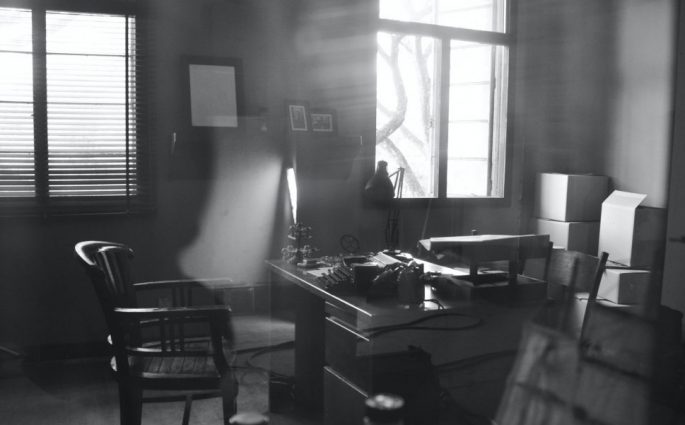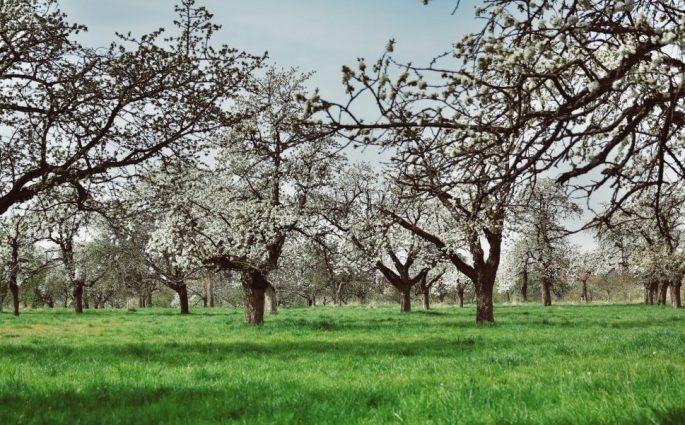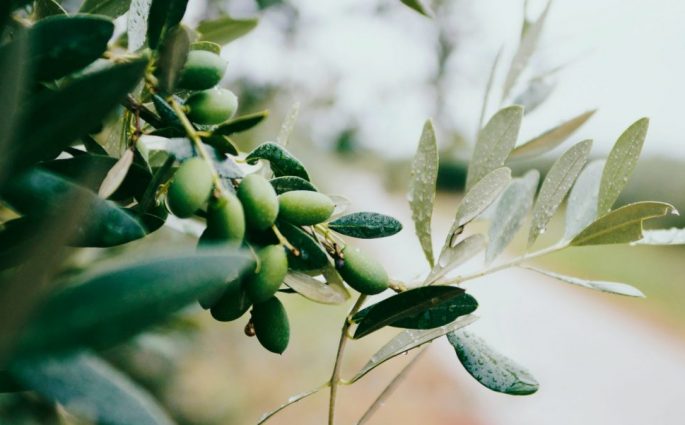A Conversation with Hoda Barakat
Next month, Yale University Press is pleased to publish Voices of the Lost by Hoda Barakat, translated from the Arabic by Marilyn Booth, a novel that weaves together a series of devastating confessions about life in contemporary Arab society. We sat down with Hoda to discuss the relationship between literature and























